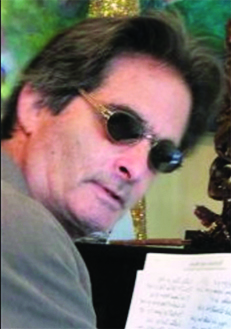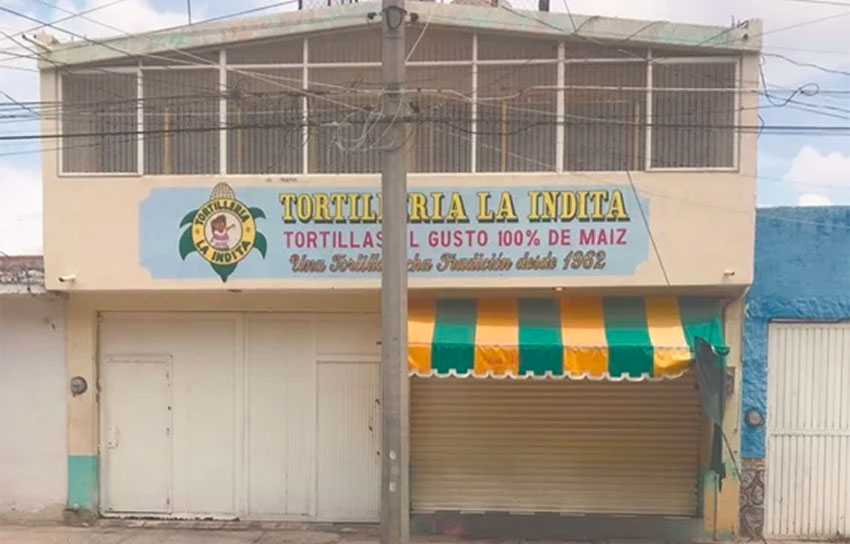by Critical Health
If you’re looking for a vegan protein powder, you might want to think about ground up flaxseeds. They contain up to 30 proteins, which works out to around 10 grams per 1 ounce scoop. Although they don’t have all the essential amino acids – they’re missing lysine which is important for connective tissue – they have a good amount of both arginine and glutamine, which are youth promoting and build amino acids.
At $2 or so a pound (and that’s for the organic type), the price is certainly right.
Flaxseeds are chock full of other nutrients, including Omega 3 fatty acids, thiamine, manganese, magnesium and potassium. They’re also good sources of selenium and zinc, important for prostate health and the health of the male reproductive system. Selenium and zinc also make flaxseeds the perfect anti-diabetic food. In my opinion, using flaxseed fiber after meals or even just once a day as a supplement can be a powerful way to keep blood sugar stable.
The flax is not just biochemically powerful, it also has a more mechanical value. It acts like a broom that can sweep out excess estrogen, and estrogen metabolites as well as other toxins, out of the intestine and the body. The fiber can further enhance detoxification by helping support bile and the health of the microbiome, all of which can support estrogen clearances. Flaxseeds are also a good way to get your Vitamin E, in both the tocopherol and tocotrienol forms which are the two major versions of this key essential nutrient. In fact, to some degree, all eight forms of Vitamin E are found in flaxseeds.
All of these qualities make flax a true super food and pretty darn cheap one too!
But there’s more! Flaxseeds also contain lignans, a plant chemical which can very helpful for balancing out estrogen levels. Lignans are found in pretty much all plants, it’s what gives them their hardness and crunchiness. The crunchier and harder a plant material (think seeds) the more lignans they contain. If you’re eating fiber, you’re going to get lignans. However, while you can get lignans in various seeds and plant foods, the champion source is flaxseeds. Flaxseeds contain seven times as many lignans as sesame seeds which is the next highest source, over 300 times as many as sunflower seeds, nearly 500 times as many as cashews, and over 3,000 times as many as peanuts, which are all considered high lignan foods.
According to the Natural Medicines Comprehensive Database (NMCD), flaxseed can be effective for digestive ailments including constipation, diarrhea, diverticulitis, irritable bowel syndrome , gastritis, enteritis, ulcerative colitis, and laxative-induced colon damage. The NMCD also cites that flax has also been utilized for the treatment of acne, atherosclerosis, coronary artery disease, cardiovascular disease, breast cancer, colorectal cancer, endometrial cancer, lung cancer, prostate cancer, obesity and weight loss, osteoporosis, attention deficit-hyperactivity disorder, HIV/AIDS, hemodialysis, systemic lupus erythematosus, and nephritis as other health challenges that may improve with a daily dose of flaxseed. Finally, flaxseed has also been used for depression, cystitis, malaria, upper respiratory tract infections as a cough suppressant and expectorant, and rheumatoid arthritis.








